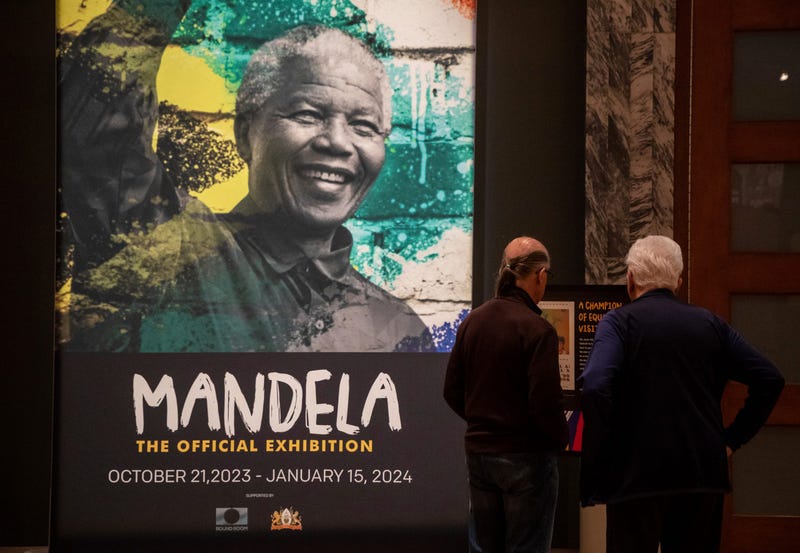
The first president of South Africa after apartheid, Nelson Rolihlahla Mandela, was born in Qunu, in the Transkei, on July 18, 1918. Young Nelson appeared poised to inherit his father's role as counselor to the paramount chief of Thembuland. However, he was determined on a career in law and public service away from monarchy.
Mandela enrolled at the University College of Fort Hare, where he was chosen to serve on the council representing students. After being expelled in 1940 for planning a boycott, Mandela relocated to Johannesburg and finished his bachelor's degree there. He also started attending the University of Witwatersrand to study law.
In 1940, Nelson Mandela, together with his pals Walter Sisulu and Oliver Tambo, joined the African National Congress (ANC). A militant campaign of boycotts and civil disobedience against South Africa's apartheid practices was the focus of the ANC Youth League, which Mandela helped create in 1942 because he was dissatisfied with the moderate ways of the ANC. He joined the ANC's National Executive Council in 1950, and two years later he took charge of the Defiance Campaign at the grassroots level. He received a suspended sentence after being detained and prosecuted. Still, his range of motion was limited.
Mandela finished his legal studies at this period, and he and Tambo opened a Johannesburg legal firm. Mandela increased his grassroots resistance activities in 1952 while serving as the deputy president of the ANC and the head of the Youth League. He was detained for treason in 1956, put on trial, and found not guilty.
Following the 1960 Sharpeville Massacre, the ANC was outlawed in South Africa. In retaliation, Mandela assisted in the formation of Umkhonto we Sizwe, a military arm that represented the official embrace of violence. Nelson Mandela fought for a new democratic constitution and criticized apartheid at the All African Conference in March 1961. In 1962, he briefly departed the nation in order to galvanize outside pressure. Mandela was detained and accused of encouraging strikes and leaving the country illegally not long after his return. He was found guilty and given a five-year sentence. Mandela and the entire ANC leadership were accused by the government of treason and conspiracy while they were incarcerated. In June 1964, they were found guilty and given a life sentence.
The global anti-apartheid movement gained momentum after Mandela's imprisonment. He continuously turned down promises of forgiveness in exchange for giving up violence. The global anti-apartheid movement and the leadership of the African National Congress (ANC) in exile worked together to force South Africa to make concessions.
President F. W. de Klerk of South Africa abolished the ANC's prohibition and granted Mandela unconditional release in 1990. Mandela promised peace and healing as the country transitioned to a post-apartheid political system. Mandela had long envisioned a multiracial democratic administration for South Africa. Mandela and de Klerk got to work right away promoting a smooth transition to democracy. Their efforts were recognized with the Nobel Peace Prize in 1993.
Nelson Mandela became president of South Africa when the African National Congress (ANC) won the country's first multiracial election in 1994, led by Mandela. During his presidency, Mandela oversaw the progressive removal of apartheid and committed funds for housing, jobs, and basic healthcare. A new constitution, which created majority government and protected minority rights and freedom of speech, was ratified by Nelson Mandela in December 1996. After serving up his first term in 1999, Mandela retired.
After declaring in 2004 that he was "retiring from retirement," Mandela once more got engaged in local and international humanitarian endeavors, including as the fight against AIDS. Mandela's health started to drastically decline during the summer of 2013. On December 5, 2013, Nelson Rolihlahla Mandela passed away at his Johannesburg residence.
